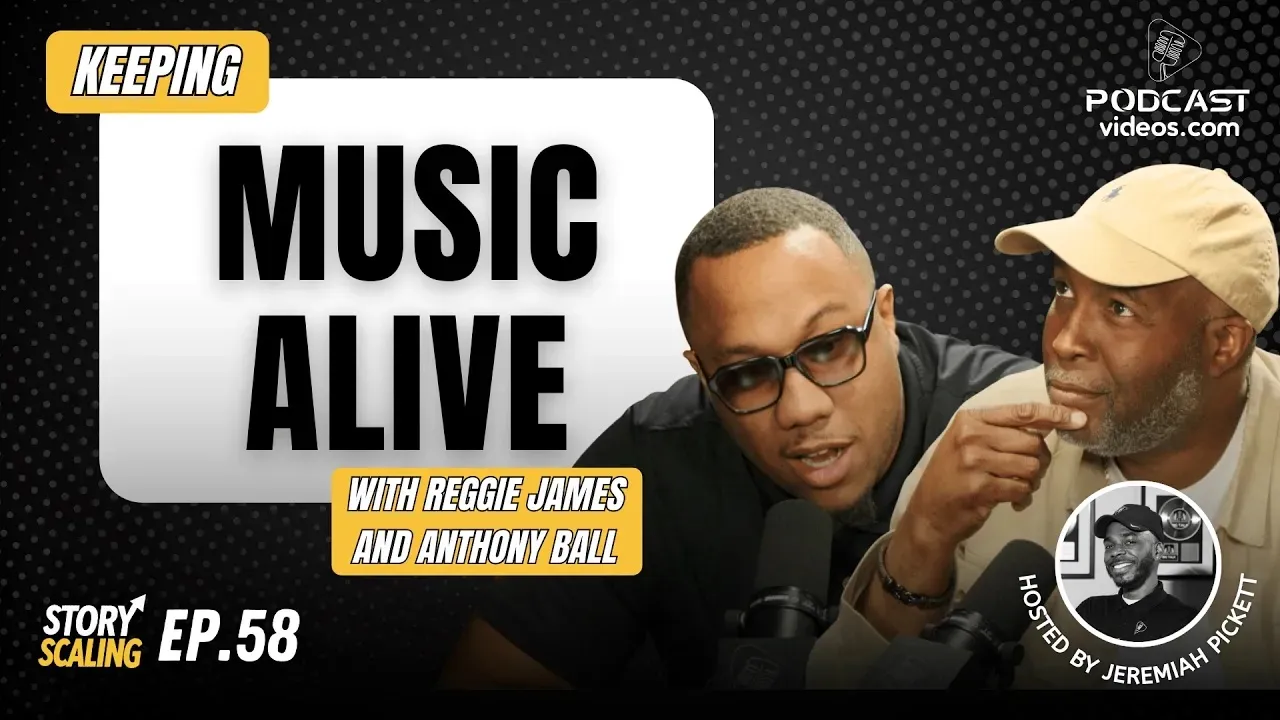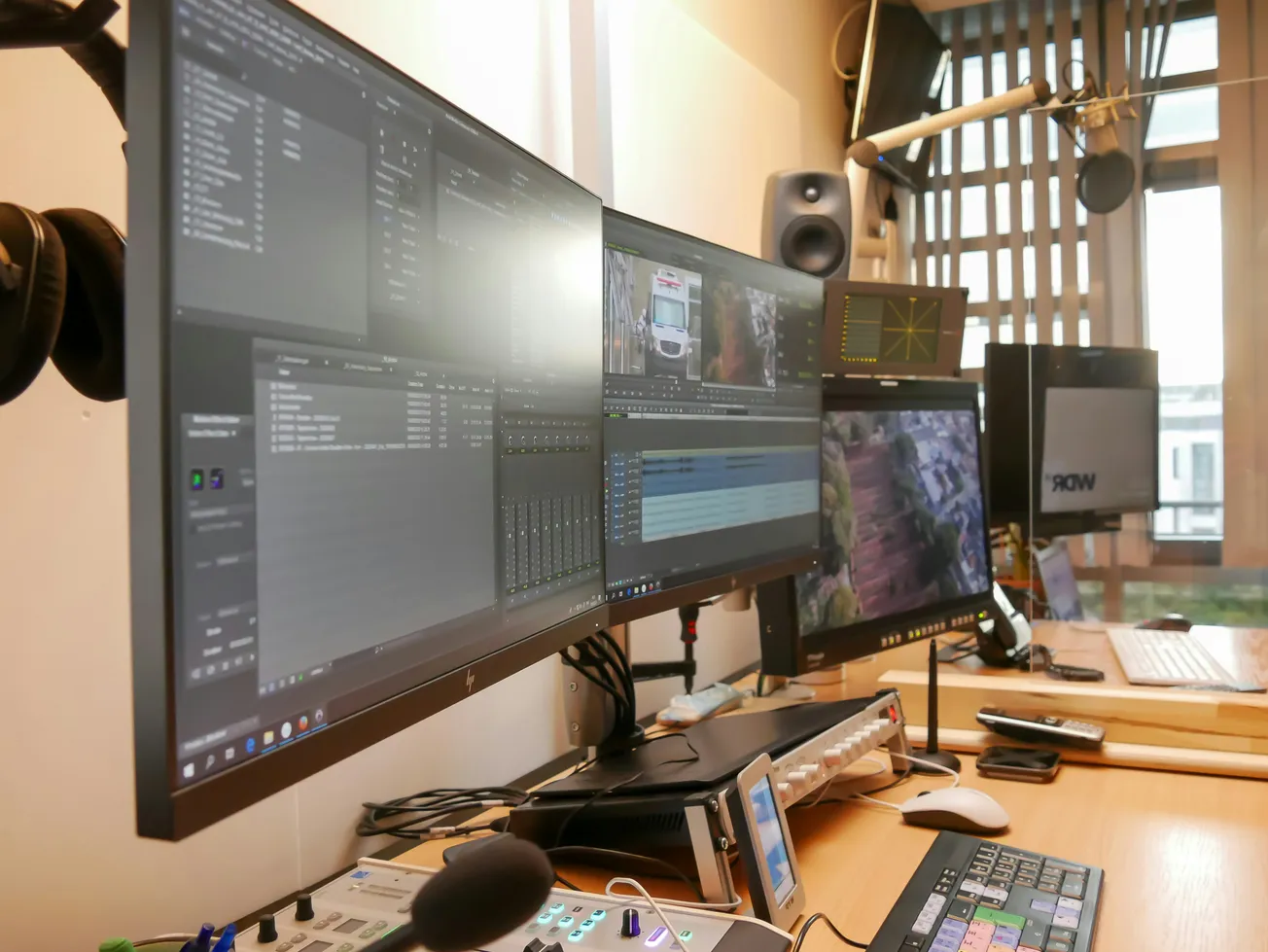Search Engine Optimization is the process of improving your content so it ranks higher on platforms like Google, YouTube, Apple Podcasts and other engines. SEO helps people find your content without using paid ads.
In the crowded digital landscape, SEO is more important than ever, as ranking on the first page of search results often means the difference between visibility and internet limbo.
As algorithms and user behaviors shift, the SEO strategies that worked a few years ago may now be holding you back.
Whether you are a content creator, podcaster or digital marketer, understanding what actually works for SEO in 2025 is critical to grow your audience and stay competitive.
The AI Revolution in SEO Content
AI as a Content Powerhouse
AI writing tools like ChatGPT, Jasper and Claude are vital to scalable content creation strategies. These platforms can quickly generate keyword-optimized blog posts, product descriptions and article drafts that align with search engine algorithms.
By producing SEO content faster, businesses can maintain a strong digital presence without sacrificing quality.
Human-AI Collaboration
The most successful marketers in 2025 blend AI-generated content with human creativity. While AI handles structure, tone and search intent alignment, human editors inject original insights, brand personality and emotional resonance.
This workflow results in strong SEO articles that not only rank high but also convert and retain readers.
Ethical and Quality Considerations
To stay on Google’s and your audience's good side, content creators must avoid low-effort, AI-generated “SEO sludge.” Google’s algorithms are increasingly prioritizing helpful and trustworthy content, so fact-checking, editing and adding real value remain necessary to the process.
AI should be used as a tool for enhancement, not a shortcut to spammy content.
Rethinking Podcast SEO
The “Podcast SEO Is a Lie” Argument
Despite common belief, podcast SEO does not work the same way blog SEO does. Search engines cannot easily detect audio content, and cramming show notes with keywords does not impact rankings.
Some podcasters often waste time on useless tactics, trying to chase algorithm tricks.
What to Focus On Instead
In 2025, podcast discoverability is driven more by audience-building strategies than metadata optimization. Tactics like cross-promotion, guest appearances, social sharing and direct listener engagement yield better results than keyword tweaks.
Podcasters should focus on value-rich episodes and audience loyalty, not technical SEO.
The Rise of PodSEO and Semantic Optimization
Overview of PodSEO Tool and Approach
Tools like PodSEO reshape how creators approach podcast discoverability. By converting episodes into structured content – like summaries, highlights and metadata – these platforms make it easier for search engines to understand and rank audio-based content.
This shift from raw audio to structured data is essential in the modern SEO playbook.
Beyond Transcripts: Creating Web-First Formats
Instead of publishing lengthy transcripts, creators can now turn their podcast episodes into engaging blog posts, episode guides and keyword-rich highlight articles.
These formats not only appeal to search engines but also offer real value to audiences that prefer different content forms.
Leveraging Automation Without Losing Quality
Automation tools can generate SEO-ready summaries, titles and snippets in seconds, but the best results come when humans polish the final output. The winning strategy combines AI speed with editorial oversight to ensure accuracy, tone and brand alignment.
Automation accelerates SEO, but quality and a human touch keep audiences coming back.
The New SEO Toolbox for 2025
What Still Works
SEO tactics such as building high-quality backlinks, optimizing page speed and implementing internal linking are still essential in 2025. Topic clustering and pillar pages continue to help search engines understand content depth.
These foundational strategies should remain part of every successful SEO plan.
What to Let Go Of
Tactics like keyword stuffing, redundant alt tags and outdated meta keyword fields are no longer effective. Over-optimization can now trigger penalties.
Modern SEO favors natural language, user intent and helpful content over mechanical keyword repetition.
What is Emerging
Semantic SEO, AI-assisted writing and content experience design are approaching the forefront of SEO strategies. Optimizing for featured snippets, voice search and intent-driven queries now delivers greater impact.
Multimedia SEO including video chapters, podcast metadata and structured audio summaries is also becoming standard practice.
Final Thoughts
The future of SEO belongs to creators and marketers who prioritize value-driven content, leverage AI-assisted workflows and adapt to the changing behavior of both users and search engines.
Whether you are a podcaster, blogger or business owner, optimizing content for 2025 means understanding user intent and publishing content that answers real questions. SEO is about more than just tricking the system.
It is about being found by the right people at the right time and in the format they prefer.






